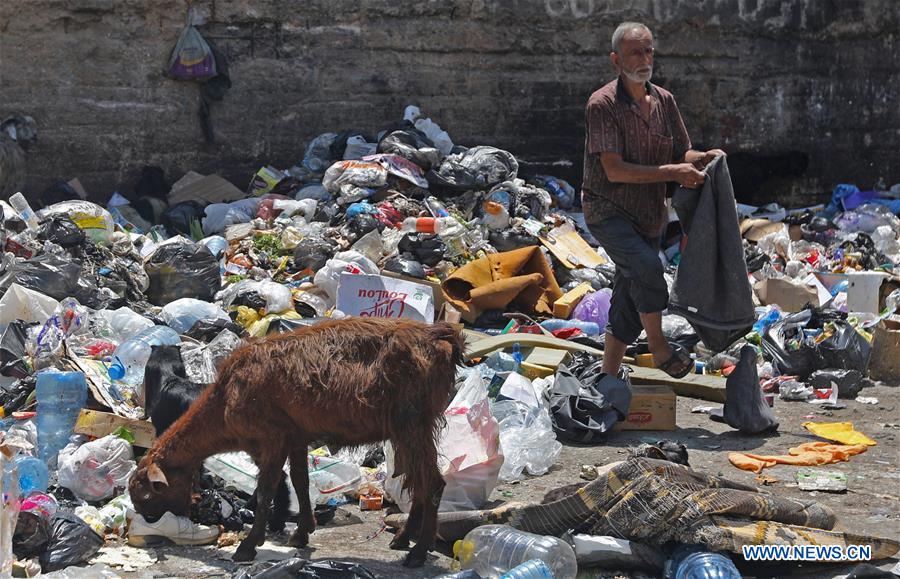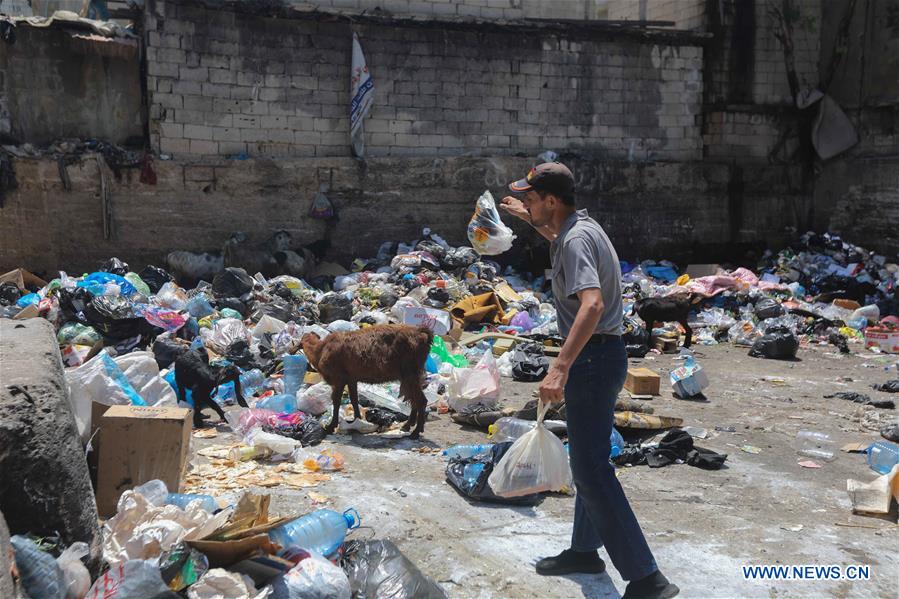

In August 2015, Lebanon’s protests, responding to a garbage crisis, transformed into a popular anti-corruption movement. The waste management crisis provides a lens into Lebanon’s biopolitics, revealing the ways Lebanon’s state and sectarian parties reflect and reinforce patterns of class and citizenship-based violence.
Beirut’s garbage crisis started in July 2015, as waste began to accumulate on city streets. The government had ended a long-standing contract with the waste collection company Sukleen – a relationship considered typical of Lebanon’s privatization patterns, in which government contracts have been shaped by elite political allegiances, corruption, and theft. The “You Stink” campaign, composed of middle-class civil society and social media activists, reached out to a larger public, including civil society organizations, student groups, leftist, anti-sectarian, and feminist collectives, mobilizing protesters by speaking to larger issues: corruption, nepotism, lack of public space, the abolition of the sectarian regime, and the enforcement of accountability for police violence.
XINHUA/YL

Leave a Reply
You must be logged in to post a comment.